I’ll Have A Double by Juliana Hastings
It might be shocking and humbling to learn that a nice glass of Pinot Noir at the end of a stressful day can be related to cancer activity, but I’ll Have a Double by Juliana Hastings is a brave and honest eye-opener about self-sabotage by women diagnosed with breast cancer. In this bracing, instructive and inspiring work, Hastings takes women who have been diagnosed with breast cancer on a journey of self-assessment to acknowledge the degree to which they are creating a hospitable environment in their bodies for the disease to recur.
In this Q&A with the author, readers get more insights into Hastings’ own experience and what she learned along the way.
Q: Your book highlights the connection between alcohol and breast cancer. What do you think are the most common misconceptions women have about the safety of moderate drinking, and how do you address them in your book?
A: It’s astonishing to me that there is so little awareness of the causal link between alcohol consumption and breast cancer, and especially breast cancer recurrence. Women, including breast cancer survivors, just don’t know. If they have knowledge, they can make better decisions. My book shares my own learning journey and presents an easy-to-read summary of some of the latest scientific findings that are compelling in the story they tell: alcohol causes breast cancer.
Q: How did your own journey shape the advice you offer about lifestyle changes?
A: Like all women who experience a breast cancer diagnosis, mine was a complete shock. I was leading what I thought was a healthy life. At my first consultation, my oncologist asked me how much alcohol I typically consumed … hmmm, 7-10 glasses per week? She sternly told me that I was indulging in very unhealthy behavior, and to cease immediately. I was taken aback. So being a “why” person, I began my own research process. I found the science that demonstrates the causal relationship between alcohol and breast cancer immediately — and then more about how lifestyle choices regarding food, drink, exercise and sleep can exert a positive relationship on cancer and other conditions. The journey continues.
Q: What were some of the most surprising findings of your research?
A: The surprise is the clear and irrefutable nature of the causal relationship of alcohol to breast cancer and breast cancer recurrence. I also found that sugar is fuel for cancer cells. So if you have cancer, stop the alcohol and sugar! I’ve studied research papers and reports from all over the world, from multiple health centers and hospitals and universities. They are all in agreement. So there’s a second part to this surprise, that this knowledge is not more widely disseminated or broadly understood.
Q: Many breast cancer survivors face ongoing anxiety about recurrence. How do you suggest balancing a proactive approach to health with the mental and emotional challenges that arise from living with this fear?
A:There’s a positive mindset for breast cancer survivors: that we can improve our post-diagnosis and post-treatment life both physically and emotionally. I had to admit that my body was hospitable to cancer. But there is the possibility of changing that: making our bodies inhospitable to recurrence. We can take charge and take responsibility. We can dedicate ourselves to the purpose of making our future health better than our past health, of gathering the knowledge about how to make that possible, and making lifestyle decisions about alcohol, diet, exercise and demeanor. There are no guarantees, but plenty of reasons for a bright outlook.
Q: What role do you believe medical professionals should play in encouraging patients to adopt healthier lifestyle choices after a cancer diagnosis?
A: I was so lucky that my oncologist gave me the alert that triggered my investigation and uncovered for me all the research I present in my book. And there’s plenty more that there just wasn’t space to include. I understand that doctors might sometimes be reluctant to urge lifestyle changes on patients who might be in a fragile condition. They might feel like they’re overstepping their boundaries or applying too much pressure when reassurance is more indicated. I’d like to see all medical professionals do what my oncologist did — make women aware of breast cancer risk factor information that’s available to them and to consider recurrence probabilities in treatment and post treatment decisions. Patients need that information!
Q: What words of inspiration can you offer women who may feel powerless in the face of such a complex disease to take control of their health?
A: There’s a section toward the end in my book about the Impartial Spectator — it’s a power of your inner self that’s always at hand, observing your behaviors, your decisions, and always knows the right thing to do. Sometimes we ignore the Impartial Spectator, but it’s always there to guide us with the best advice. I urge all women to locate and nurture their own Impartial Spectator, give it the knowledge that’s available and rely on this inner strength as the best guide. It can cut through all complexity and bridge all uncertainty. The Impartial Spectator will be honest with us when we are lapsing in our drive to make our bodies inhospitable to cancer and will get us back on the right track. It’s there for everyone, and never fails us.
RELATED POSTS:
A Surprising Eye-Opener on the Fight Against Breast Cancer
Juliana Hastings embodies the role of a fiduciary for women navigating the challenges of breast cancer. In this capacity, she takes on the profound responsibility of advocating for their best interests, even when the choices she proposes are difficult or unconventional. Like a fiduciary in the financial world who safeguards a client’s assets, Juliana is committed to protecting the health and well-being of women facing the uncertainty of a breast cancer diagnosis.
Her advocacy is rooted in a deep understanding of the physical, emotional and psychological challenges that come with breast cancer. Juliana’s “anti-cancer mindset” is not just a philosophy; it’s a framework designed to help women make informed, empowered decisions about their health. She champions tough but necessary choices — like eliminating cancer-promoting substances such as alcohol and embracing proactive self-care — not out of convenience, but out of a steadfast commitment to their long-term survival and quality of life.
As a fiduciary, Juliana recognizes that her role involves more than just sharing information; it requires leading with empathy, courage and unwavering support. She understands that the path she advocates may be challenging, but she stands firm in her conviction that these choices are in the best interest of the women she serves. Through her guidance, Juliana ensures that women with breast cancer are not alone in their journey — she walks alongside them, fiercely defending their right to a healthier, more resilient future.
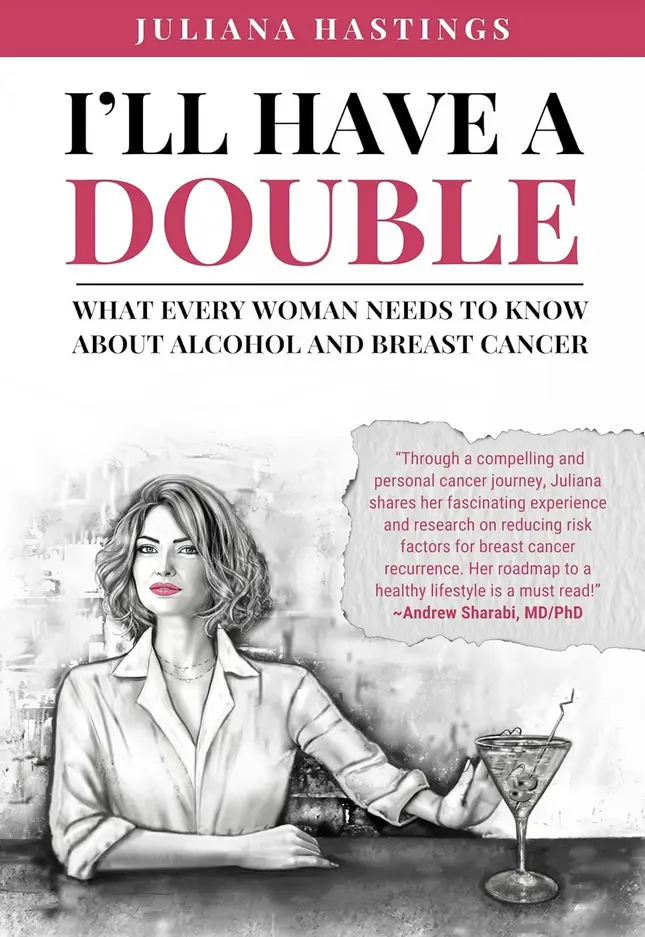
Publish Date: 8/17/2024
Genre: Nonfiction
Author: Juliana Hastings
Page Count: 219 pages
ISBN: 9798336043501


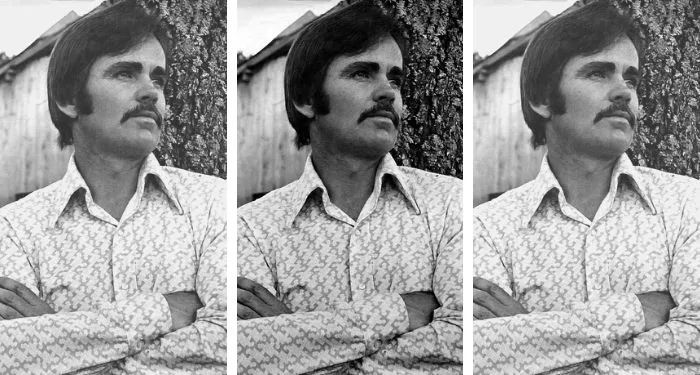


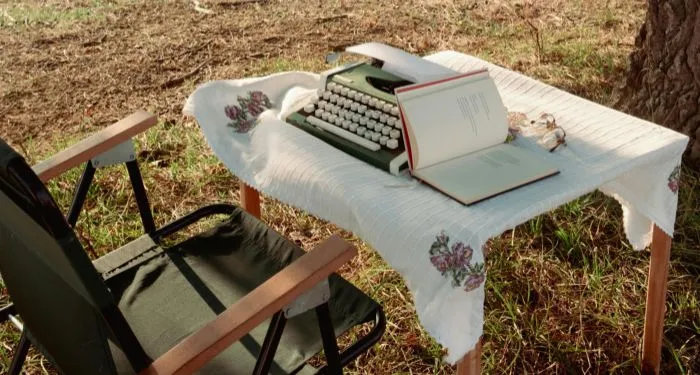




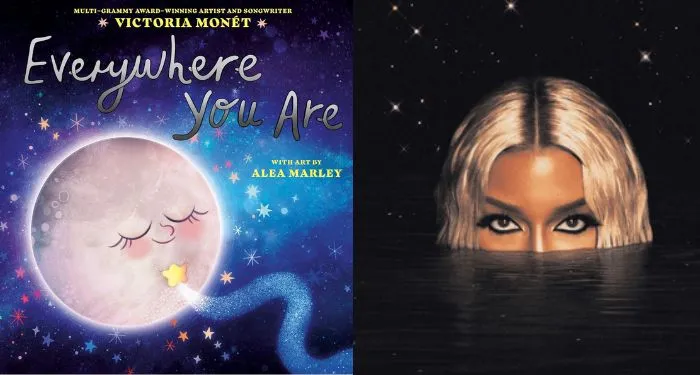


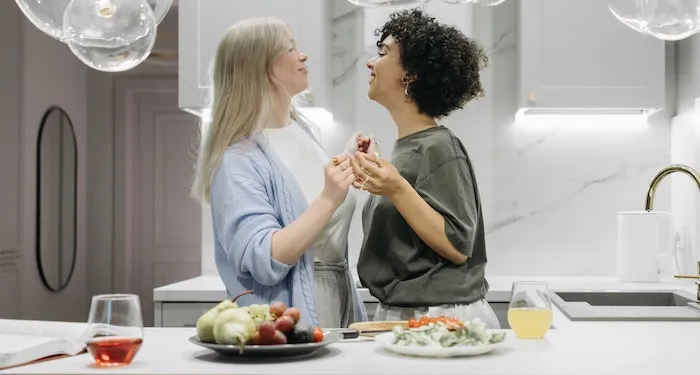

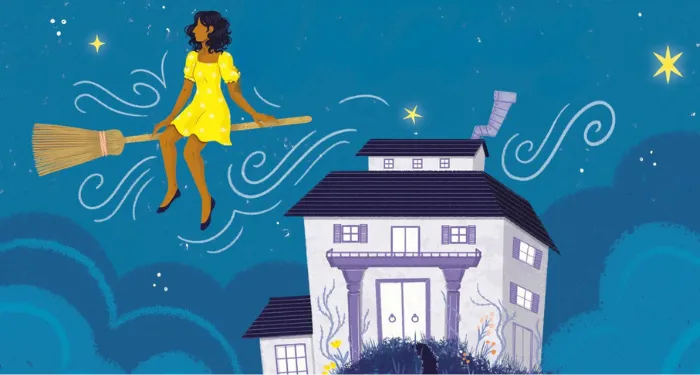



 English (US) ·
English (US) ·